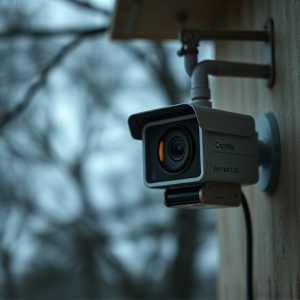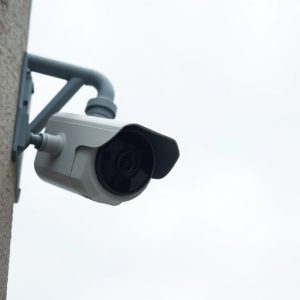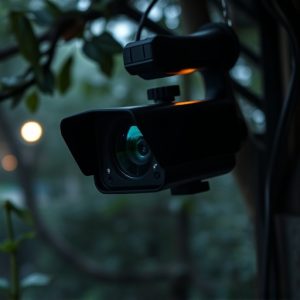RF Detector Sweep: Navigating Hidden Camera Laws by State
Before using radio frequency (RF) detectors for hidden camera sweeps, thoroughly understand Hidden C…….
Before using radio frequency (RF) detectors for hidden camera sweeps, thoroughly understand Hidden Camera Laws by State in the US, as regulations vary widely regarding consent, placement, and recording. Adhering to these laws is crucial for legal compliance and ethical practices. Professionals recommend employing high-sensitivity RF detectors after establishing legal boundaries, along with best practices like obtaining explicit consent and maintaining privacy.
Uncover the world of hidden cameras and stay ahead of privacy breaches with our comprehensive tutorial on RF detector sweeps. Understanding the legal landscape of hidden camera laws by state is paramount for responsible detection. This guide delves into the tools and techniques for identifying radio frequency signals, ensuring you’re equipped to navigate the legal implications. By mastering these practices, you’ll become a vigilant guardian against covert surveillance in today’s digital age.
- Understanding Hidden Camera Laws by State
- Detecting RF Signals: The Tools and Techniques
- Legal Implications and Best Practices for RF Detector Sweep Hidden Camera Tutorials
Understanding Hidden Camera Laws by State
Before detecting hidden cameras, it’s crucial to understand the legal landscape surrounding hidden camera laws by state. Each state in the US has its own set of regulations governing the use and installation of hidden cameras. These laws vary significantly, covering issues like consent, placement, and recording capabilities. For instance, some states have “one-party consent” laws, requiring only one party to be aware of the conversation or activity being recorded, while others require both parties’ knowledge.
Knowing these Hidden Camera Laws by State is essential for ensuring compliance and ethical practices. Different regions have distinct rules on where hidden cameras can be placed—for example, in public spaces versus private residences or workplaces. Some states also restrict the use of certain types of cameras or recordings, such as those with audio capabilities or high-resolution images. Understanding these laws will help you navigate the legal aspects of your RF detector sweep and ensure that your actions are within the confines of the law.
Detecting RF Signals: The Tools and Techniques
Detecting hidden cameras using radio frequency (RF) detectors involves a blend of specialized tools and techniques. These devices operate by scanning for specific RF signals that many covert cameras emit, helping users to uncover these often illegal surveillance devices.
Understanding local Hidden Camera Laws by State is paramount before conducting any sweep. Different regions have distinct regulations regarding privacy and the use of such detection equipment. Users must ensure they are operating within legal boundaries to avoid any legal repercussions. Once legal considerations are addressed, professionals recommend using high-sensitivity RF detectors capable of picking up even faint signals. Techniques involve systematically scanning areas of interest while paying close attention to frequency ranges commonly associated with hidden cameras.
Legal Implications and Best Practices for RF Detector Sweep Hidden Camera Tutorials
When using a radio frequency (RF) detector to sweep for hidden cameras, it’s crucial to understand the legal implications and adhere to best practices. The use of hidden camera detection technologies is governed by varying laws across different states, with regulations focusing on privacy rights and surveillance ethics. Before conducting any such tutorial, individuals or organizations must familiarize themselves with their jurisdiction’s Hidden Camera Laws by State, ensuring compliance to avoid potential legal repercussions.
Best practices involve obtaining explicit consent from individuals under surveillance, particularly in public spaces, and providing transparency about the detection process. Ethical considerations also dictate responsible use, limiting operations to authorized personnel only and avoiding any form of invasion of privacy. Adhering to these guidelines not only helps maintain legality but also ensures the integrity and effectiveness of RF detector sweep hidden camera tutorials.
In conclusion, understanding hidden camera laws by state is crucial when employing RF detector sweep techniques. By familiarizing yourself with legal implications and best practices, you can ensure ethical and compliant operations. Detecting RF signals effectively empowers individuals and professionals alike to safeguard privacy in today’s digital era, making it a valuable skill to have. Remember that knowledge of these laws and responsible use of RF detection tools are essential steps towards a safer and more informed society.


